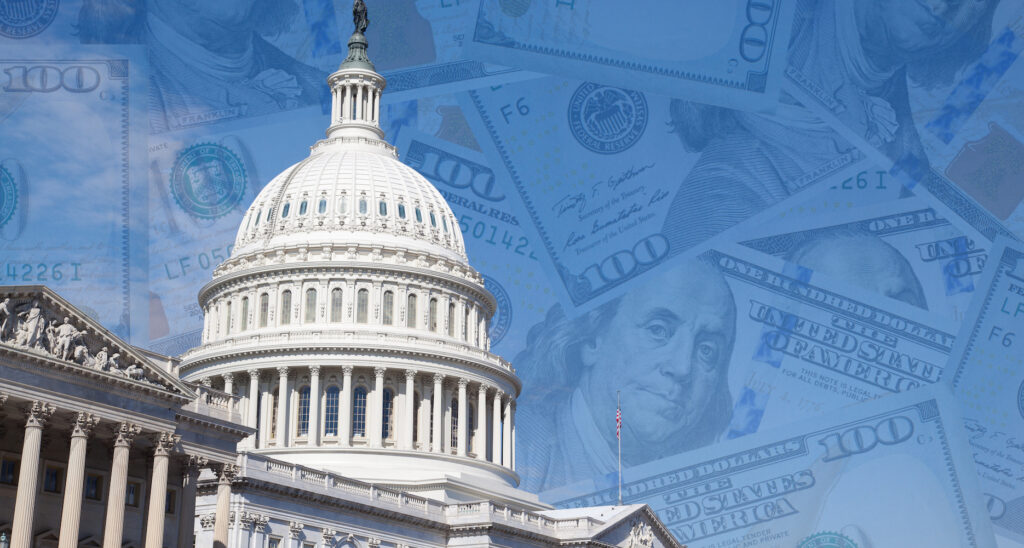Tennessee legislative panel to mull rejection of federal education dollars
Tennessee is taking steps to make good on its threat to reject federal education dollars by appointing a 10-member legislative panel to consider the move.
The Lion reported in February that House…

Tennessee is taking steps to make good on its threat to reject federal education dollars by appointing a 10-member legislative panel to consider the move.
The Lion reported in February that House Speaker Cameron Sexton, R-Crossville, was first looking at legislation to enable Tennessee to forgo federal education dollars.
It would mark a big turnaround for a state that was once among the most dependent on federal dollars.
“The education of our youth is one of the essential responsibilities of our government,” said Republican Lt. Gov. Randy McNally, according to the Tennessean. “Federal dollars and the various mandates and restrictions that come with those dollars affect the way Tennessee’s children are educated. Due to our state’s excellent financial position, this is a worthy subject of examination and study.”
Called The Joint Working Group on Federal Education Funding, McNally and Sexton jointly appointed members to the committee which will report back to the state on possible legislation to spike the federal education money.
The move could mean losing up to $1.9 billion from the federal government, said the Tennessee Lookout.
But Sexton and others say that now is the time to do an inventory of the advantages and disadvantages of taking the money.
“Any time the federal government sends money, there are always strings attached to those dollars, and there is always a possibility that it opens the state up to other regulations or restrictions,” Sexton said in a statement, according to the Lookout. “This working group will help provide a clearer picture of how much autonomy Tennessee truly has in educating our students.”
The fiscal 2023-24 budget contains $1.89 billion from the federal government, most of which goes toward nutrition, Title I programs for low-income children and special needs students as part of the Individuals with Disabilities Education Act, the Lookout said.
Chalkbeat Tennessee reports that if the legislation is eventually passed into law, it would mark the first time that any state has ever rejected federal education dollars.
Democrats in the Legislature are critical of the possibility.
“You know, I just can’t figure out why the Republicans continue wanting to attack our public education system,” said House Democratic Caucus Chairman John Ray Clemmons, D-Nashville, according to local WATE News.
Georgetown University Law School reports that there are seven major federal statutes regulating public education.
Increasingly, those regulations have begun to irk state executives, lawmakers and parents, especially those regulations which critics say have been twisted by the Biden administration into changing the meaning of “sex” into “gender.”
A Biden executive order in June 2022 seeks to extend Title IX protections from their plain meaning of male and female at birth to include LGBT protections.
Title IX essentially says that any institution that takes federal tax dollars has to comply with all federal regulations the US government wishes to impose.



